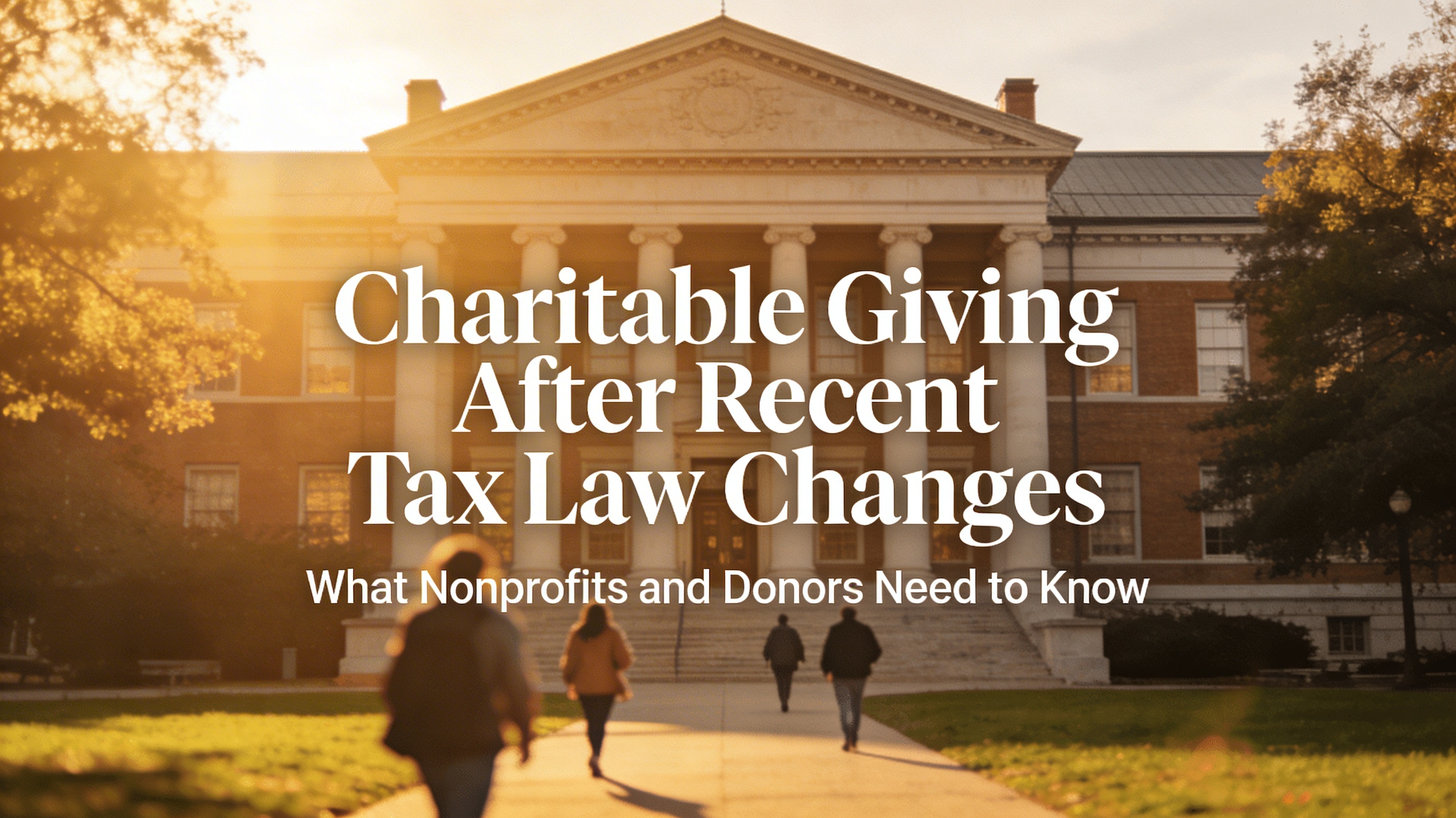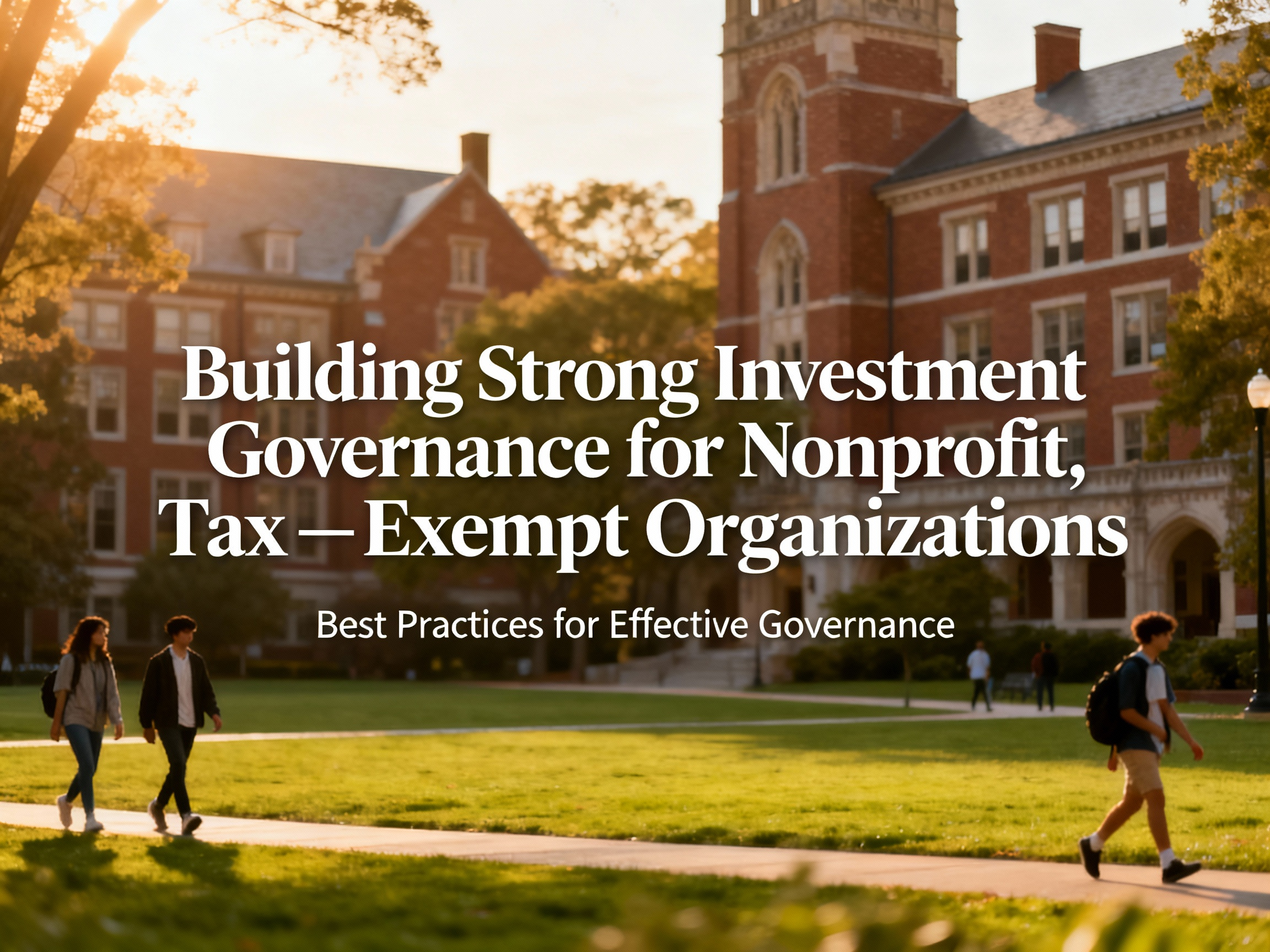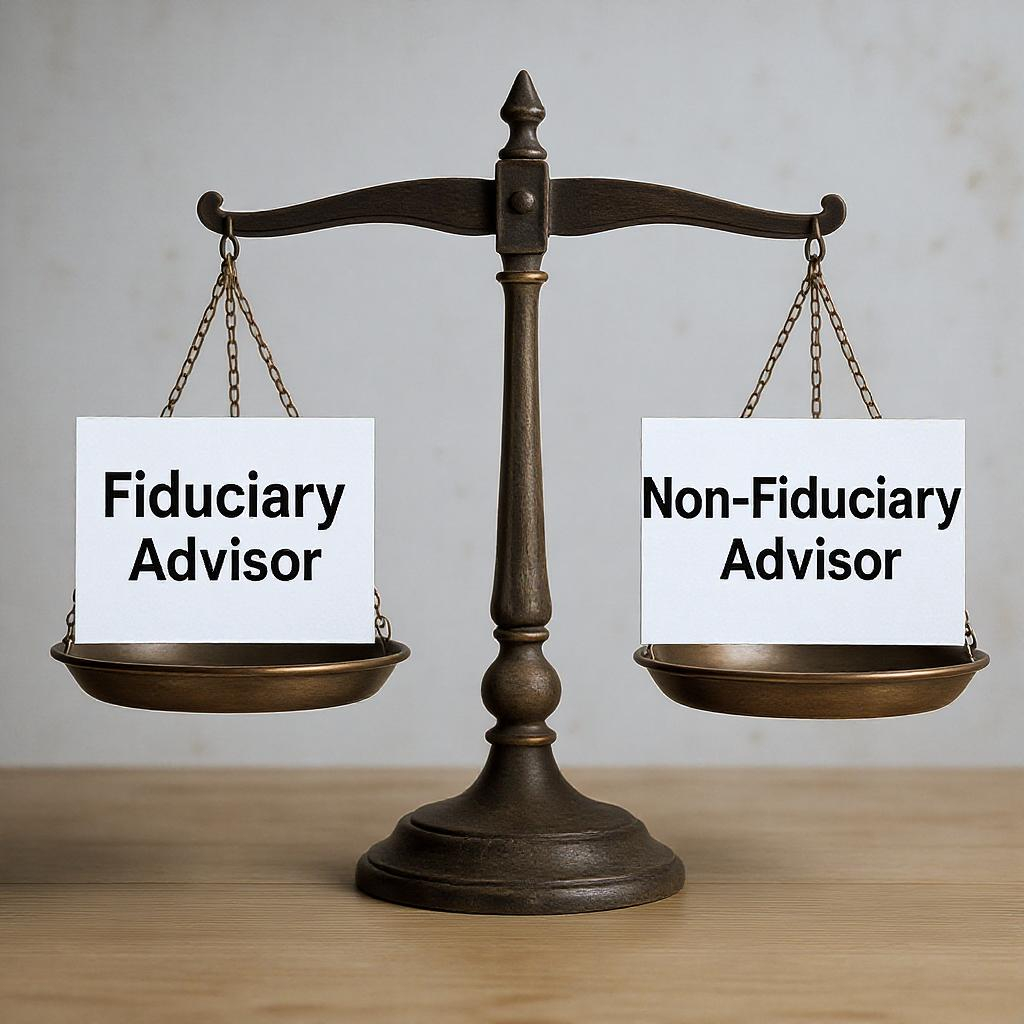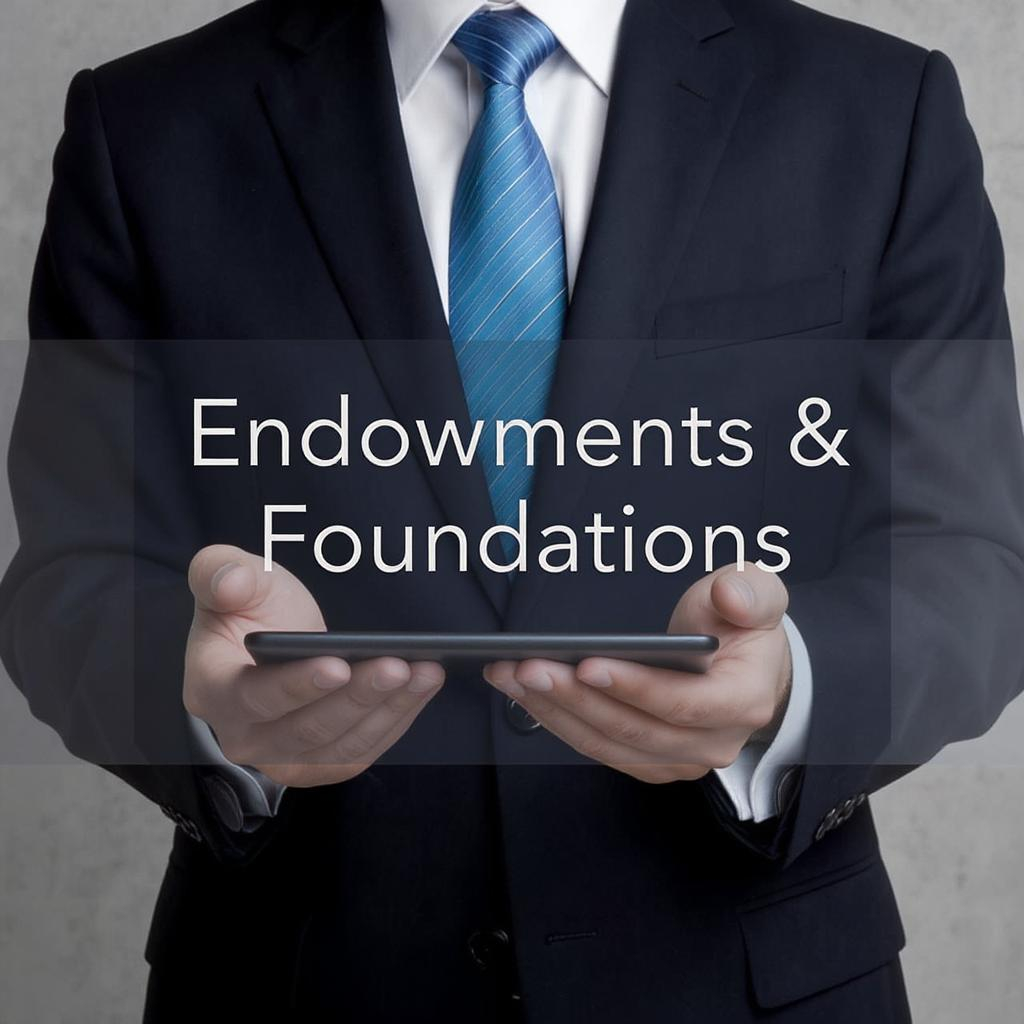________________________________________
Equity Index Snapshot (Week Ending February 20, 2026)
Index Weekly Return Year to Date Return
MSCI ACWI IMI +1.0% +4.2%
S&P 500 +1.1% +0.9%
MSCI EAFE +0.9% +8.3%
MSCI Emerging Markets +0.5% +11.7%
Russell 3000 +1.1% +1.5%
Russell 2000 +0.1% +7.3%
NASDAQ Composite +1.5% −1.5%
The week’s equity narrative was one of large cap growth clawing back leadership after five consecutive weeks of underperformance. The Nasdaq broke its longest weekly losing streak since May 2022 with a gain of roughly 1.5%, helped by a late week surge in mega cap technology names following the tariff ruling. Yet the more remarkable story remains the persistent outperformance of international markets, with MSCI EAFE up 8.3% year to date and MSCI Emerging Markets up 11.7%, significantly ahead of the S&P 500’s modest 0.9% gain. The Russell 2000 managed only a 0.1% weekly return but still leads domestic indices on a year to date basis at 7.3%, consistent with rate sensitive smaller companies benefiting from easing rate expectations. The VIX, a widely watched measure of expected 30 day volatility, closed near 19, dipping below its long term average near 20, yet still elevated compared with the roughly 14 to 15 range seen a year ago.
________________________________________
Bonds, Yields, and Fed Policy (Week Ending February 20, 2026)
Index Weekly Return Year to Date Return
Bloomberg U.S. Aggregate Bond Index −0.3% +1.0%
Bloomberg U.S. Corporate High Yield Index +0.2% +0.9%
The 10 year Treasury yield finished the week near 4.09%, modestly higher and recovering part of the roughly 20 to 25 basis point decline seen earlier in the month. The yield curve, measured by the spread between 2 year and 10 year maturities, currently shows a positive slope of about 60 basis points, with the 2 year near 3.48% and the 10 year near 4.09%, a configuration more consistent with ongoing expansion than imminent recession.
The primary catalyst for the uptick in yields was a combination of January FOMC minutes that referenced the possibility of further rate hikes if inflation remained stubborn and a weaker than hoped 20 year Treasury auction. The bond market continues to resemble a tug of war between a Fed that would like to start easing and inflation data that keeps that decision on hold.
Credit spreads remained contained, with investment grade corporate bonds trading at an option adjusted spread of roughly 90 basis points over Treasuries and broad U.S. high yield bonds at about 295 basis points, both well below their long term averages and consistent with a still constructive tone in corporate credit. Real yields near 1.8% on 10 year TIPS still offer meaningful compensation for patient fixed income investors.
________________________________________
Commodities, Crypto, and Geopolitical Ripples
Oil and gold both moved more than 5% this week, which keeps this part of the landscape firmly in focus.
Crude oil (WTI) rose by roughly 5% for the week to finish near 66 dollars per barrel, one of its strongest weekly closes since late summer, amid escalating U.S–Iran tensions after Vice President Vance said Iranian negotiators had failed to respect key “red lines” in Geneva based nuclear talks. President Trump signaled that decisions on potential military responses would come within a two week window, and reports indicated a second carrier strike group was moving toward the Persian Gulf. Year to date, WTI prices are now approximately 13% higher.
The geopolitical risk premium remains present but measured; any disruption through the Strait of Hormuz, which handles an estimated 20 to 25% of global seaborne oil flows, could push prices sharply higher and revive inflation concerns.
Gold extended its powerful run, briefly retaking the psychologically important 5,000 dollar level and finishing the week above 5,100 dollars per ounce as investors sought safety around the Supreme Court ruling and tariff headlines. The metal is up on the order of the mid teens in %age terms year to date after setting an all time high above 5,600 dollars in January, supported by central bank demand, geopolitical hedging, and expectations that the next full cycle from the Fed will ultimately be toward easier policy.
Bitcoin hovered near 67,000 dollars, and Ethereum traded around 2,000 dollars, both nursing historically poor starts to the year at roughly −24% and −34% year to date, respectively. This is the worst year to date performance on record for both assets, with deleveraging and regulatory uncertainty dominating sentiment.
________________________________________
Style, Sector, and Size Rotation
Growth stocks outperformed value for the first time in five weeks, helped in part by a stabilizing tone in AI linked names following the Meta–Nvidia infrastructure partnership and the easing of the most acute software sector fears. On the week, broad growth benchmarks gained around 1.3 % while value benchmarks rose roughly 0.2%, based on Morningstar style indexes. Large caps led with gains near 1.2%, while small and mid caps advanced about 0.7%.
Under the surface, equal weighted versions of the S&P 500 continue to outpace the cap weighted index, which indicates that the average stock is doing better than the mega cap dominated headline measure. This broadening is a constructive sign. U.S. technology valuations have compressed meaningfully relative to defensive sectors such as consumer staples, which reduces some of the most extreme bubble type concerns and suggests a more orderly repricing process rather than a disorderly unwind.
The ongoing rotation from narrow mega cap leadership toward wider participation across sectors, styles, and regions looks more like the evolution of a maturing expansion than its end.
________________________________________
Economic Data and Market Valuation
Macro Data Highlights
• Q4 2025 GDP (advance): 1.4% annualized, below the roughly 2.5% consensus estimate, with some distortion from the earlier government shutdown.
• Core PCE (December): 3.0% year over year, in line with expectations but still above the Fed’s 2% target.
• Industrial Production (January): approximately 0.7% month over month, pointing to manufacturing resilience.
• Housing Starts (December): around a mid single digit percentage gain to roughly a 1.4 million annualized pace, the strongest level in several months.
• Initial Jobless Claims: declined to a recent four week low, consistent with a labor market that is cooling but not rolling over.
• CPI (January): headline 2.4% year over year and core 2.5%, both trending in the right direction but not quite at target.
• GDP consensus for 2026: revised modestly higher from 2.0% toward the mid 2% range since the start of the year.
Valuation Landscape
The S&P 500 forward P/E, price divided by expected earnings over the next year, sits at 21.5 times, above both the 5 year average of 20.0 times and the 10 year average of 18.8 times. This premium is not unreasonable given that Q4 2025 blended earnings growth came in at 13.2% year over year, the fifth consecutive quarter of double digit gains, and full year 2026 earnings growth is projected at 14.4%. However, the margin for error narrows at these levels.
What the Bulls See for 2026
• Earnings momentum is real and broadening, with 74% of S&P 500 companies beating EPS estimates this quarter and earnings surprises averaging 7.2% above consensus.
• The Fed still has room to cut rates, and market pricing implies two more cuts by year end, which provides a valuation floor as real yields eventually compress.
• GDP growth is reaccelerating from the Q4 soft patch, with forward looking indicators such as ISM, durable goods, and industrial production all surprising to the upside.
• International diversification is working, as MSCI EAFE and Emerging Markets offer both valuation and earnings momentum tailwinds.
What the Bears See for 2026
• At a forward P/E of 21.5 times, the S&P 500 would need to decline approximately 23%, holding forward earnings constant, to revert to a 30 year average forward P/E near 16.5 times, which illustrates the gravity of the current valuation premium.
• Inflation remains sticky, with core PCE near 3.0% and the FOMC openly discussing the possibility of rate hikes if inflation reaccelerates, an environment where additional multiple expansion is difficult to justify.
• Geopolitical risks, including Iran tensions, U.S–China trade frictions, and the repricing of AI driven disruption, are accumulating, and any escalation could quickly compress risk appetite.
• The Supreme Court tariff ruling provided short term relief but introduced a new layer of trade policy uncertainty as the new global tariff regime advances, subject to congressional scrutiny and evolving rate levels.
________________________________________
The Road Ahead: Key Catalysts Next Week
• NVIDIA Q4 Earnings (Wednesday, February 25, after the close): The bellwether AI chip company is expected to report revenue of approximately 65.7 billion dollars and EPS of 1.52 dollars. All eyes will be on Q1 fiscal 2027 guidance, where consensus expects roughly 71 to 72 billion dollars in revenue. A decisive beat above that range would confirm the Blackwell supercycle’s momentum, while guidance that merely meets expectations carries “sell the news” risk given the stock’s consolidation since August.
• Apple Annual Shareholder Meeting (Tuesday, February 24): This virtual event could offer updates on Apple’s AI strategy, including the rumored relaunch of Apple Intelligence and new features, which will matter more for narrative and sentiment than near term numbers.
• State of the Union Address (Tuesday, February 24): President Trump is expected to unveil housing affordability proposals, potential fiscal stimulus details, and trade policy direction, all of which are market relevant.
• PCE Inflation (Personal Income & Outlays, next release March 13): While no January PCE print arrives next week, the Q4 PCE data released on Friday will continue to shape rate expectations. The Dallas Fed Trimmed Mean PCE update is scheduled for Thursday, February 26, and will add another lens on underlying inflation trends.
________________________________________
By remaining steadfastly data-driven, we avoid the pitfalls of chasing momentum or reacting to headlines in isolation. Our philosophy is rooted in the belief that true market conviction is built upon fundamental analysis and strategic diversification across geographies, sectors, and asset classes. As the “AI Paradox” continues to play out and the labor market finds its new equilibrium, our focus remains on identifying the underlying economic realities that persist long after the noise of the trading week has faded.
Stay diversified, stay data-driven, and stay focused on the fundamentals.
Vistamark Investments LLC | www.vistamarkllc.com | info@vistamarkllc.com





